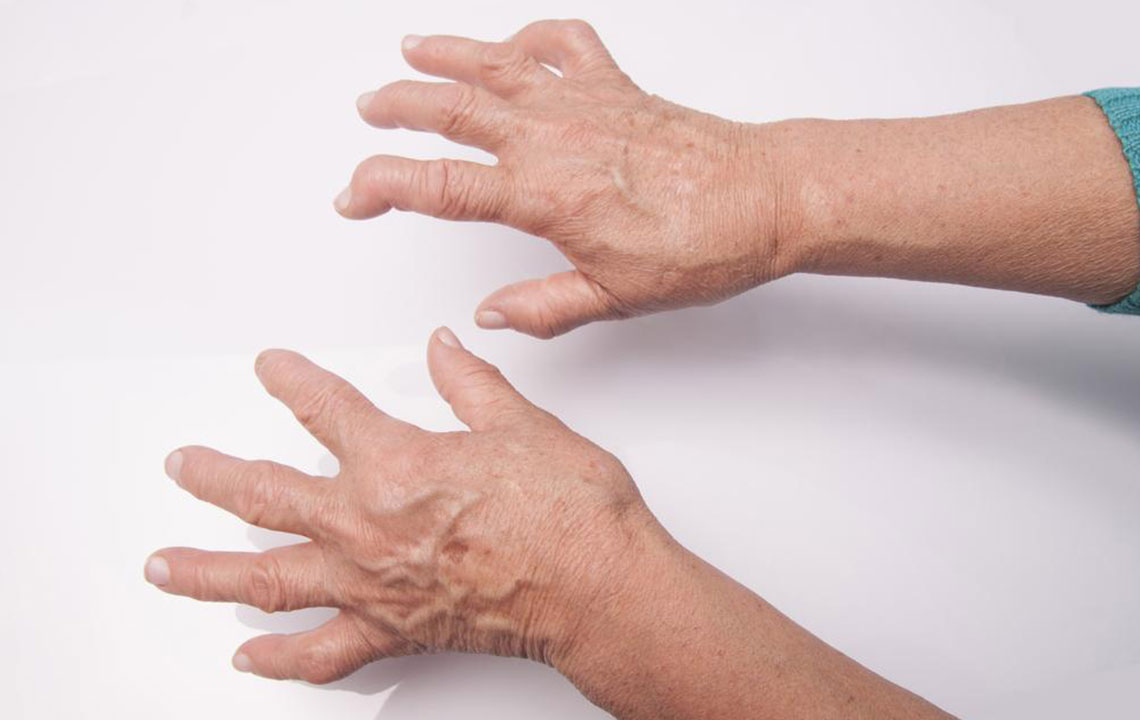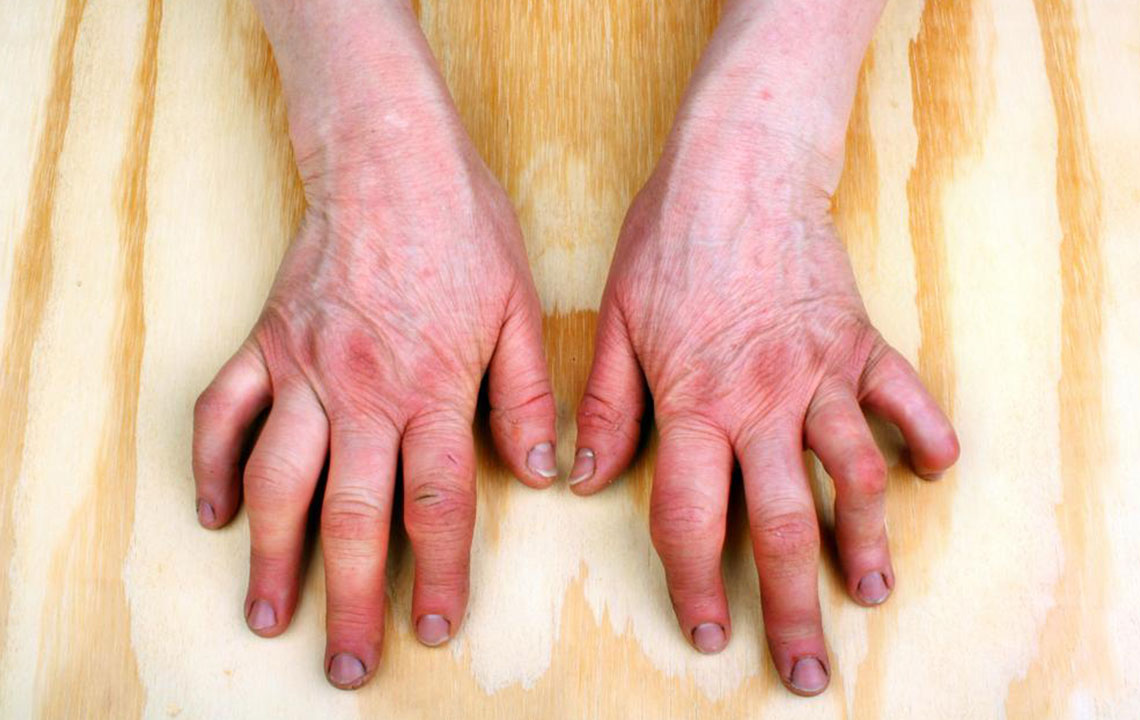Understanding Rheumatoid Arthritis: Causes and Symptoms Explored
Explore the causes and symptoms of Rheumatoid Arthritis in this detailed overview. Learn about genetic and environmental factors, early signs like joint pain and stiffness, and how the disease affects the entire body. This guide provides valuable insights for those seeking to understand RA's complexities and seek timely treatment.

Understanding Rheumatoid Arthritis: Causes and Symptoms Explored
Rheumatoid Arthritis (RA) is an autoimmune disorder where the immune system mistakenly attacks the body's joints, leading to inflammation. This results in thickening of the synovium, pain, and eventually cartilage deterioration, reducing joint space and mobility. Commonly affected areas include the hands, wrists, elbows, knees, and ankles. Since RA can also impact internal organs like the lungs and heart, it is classified as a systemic disease.
While the exact cause remains unclear, experts know that genetic, hormonal, and environmental factors contribute. A particular gene marker called HLA increases susceptibility, along with other genes such as STAT4, TRAF1, C5, and PTPN22, which influence immune regulation and inflammation.
No one fully understands why the immune system malfunctions and attacks joints, but genetic predisposition, hormones, and environmental factors play roles. Not all individuals with risk genes develop RA, and some without these genes can still be affected. Early RA may only present as joint tenderness and pain without swelling. Symptoms include persistent joint pain, stiffness especially in the morning, fatigue, appetite loss, and low-grade fever. Flare-ups can last days or months, signaling increased disease activity.
Note: Our blog offers diverse insights across many health topics. Use this information as a general guide, not a definitive diagnosis. The editorial team isn't responsible for discrepancies or updates. Always consult healthcare professionals for personalized advice.










